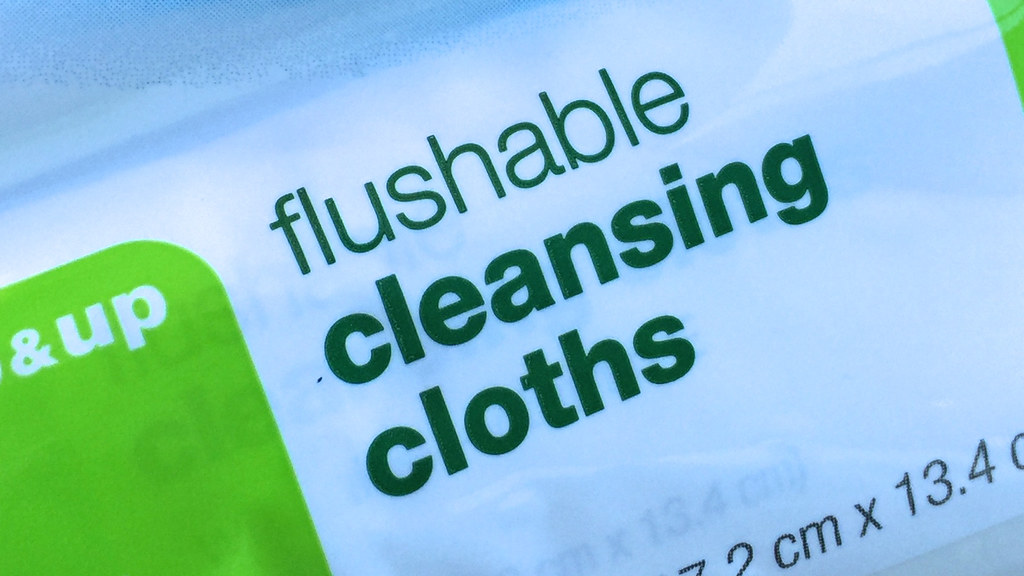
Flushable wipes have become a household staple for many families, offering a convenient and hygienic alternative to toilet paper. Whether for personal care, baby wipes, or cleaning, these products are often labeled as “safe to flush.” But here’s the truth: flushable wipes aren’t really flushable—and they can lead to serious plumbing problems.
What Are Flushable Wipes?
Flushable wipes are moist towelettes made from synthetic fibers designed to be more durable than toilet paper. While manufacturers may test them for flushability, these wipes do not break down easily in water. Unlike toilet paper, which dissolves quickly after being flushed, flushable wipes maintain their structure, which can lead to clogs and other plumbing issues.
Why Are Flushable Wipes Bad for Your Plumbing?
Many homeowners assume that if a wipe makes it down the toilet, it’s gone for good. Unfortunately, that’s far from the truth.
1. They Don’t Disintegrate Like Toilet Paper
Toilet paper is designed to break down within seconds of being flushed, reducing the risk of blockage. Flushable wipes, on the other hand, stay mostly intact—even after hours in water. This durability is great for cleaning but terrible for your plumbing.
2. They Cause Stubborn Clogs
Once flushed, wipes can get caught in bends, joints, or narrowed sections of your plumbing system. As they accumulate, they restrict water flow and eventually cause slow drains or full blockages. If you’ve noticed your toilet flushing slowly or gurgling sounds in your pipes, wipes might be the culprit.
3. They Contribute to Costly Sewer Backups
Even if wipes make it through your home’s plumbing, they don’t just disappear. In city sewer systems, they mix with grease and other debris to form large blockages called fatbergs. These clogs have caused major sewer backups in cities across the country, costing municipalities—and taxpayers—millions in cleanup and repair costs.
4. They’re a Big Problem for Septic Systems
Homes with septic systems are especially vulnerable. Flushable wipes can fill your tank more quickly and clog pumps or filters, leading to backups and expensive repairs. Because they don’t break down easily, they can linger in your system long after being flushed.
Common Signs of Clogs Caused by Flushable Wipes
- Slow-draining sinks or tubs
- Frequent toilet backups
- Gurgling sounds coming from drains
- Bad odors coming from your plumbing system
- Water pooling around floor drains or in the yard
If you notice any of these signs, it’s a good idea to have a licensed plumber inspect your system before the problem worsens.
What Should You Do Instead?
The safest rule of thumb: Only flush toilet paper and human waste. Even if wipes are labeled as “flushable,” it’s better to throw them in the trash. The same goes for other bathroom items like paper towels, cotton balls, dental floss, and feminine hygiene products.
Using a covered trash bin with a liner can help make disposal easy and sanitary.
Need Help with a Clogged Drain or Sewer Line?
If you’ve been using flushable wipes and are starting to notice drainage issues, don’t wait until it turns into an emergency. At Mallick Plumbing & Heating, we offer professional drain cleaning, video camera inspections, and sewer line services to keep your system running smoothly.
Our experienced technicians use the latest tools to quickly identify blockages and remove them safely—without damaging your pipes.
Call us today at 301-241-8638 or visit www.mallickplumbing.com to schedule your service. Let us help you prevent costly plumbing problems and keep your home flowing free and clear.
